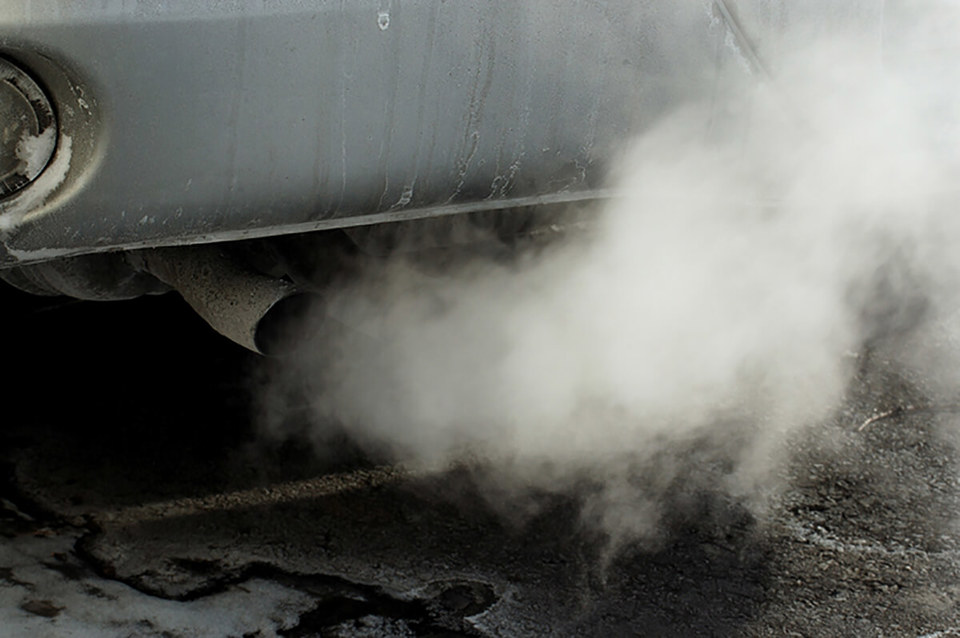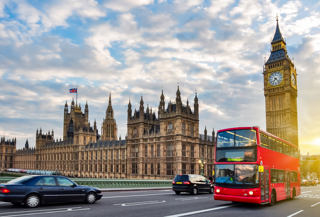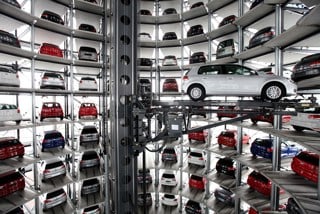The Environment Food and Rural Affairs, Environmental Audit, Health, and Transport Committees have re-launched their joint inquiry into improving air quality.
In July 2017, after UK courts twice ruled that the Government’s plans to cut air pollution were inadequate, the Government released a new air quality plan. The cross-party inquiry will examine whether this new plan goes far enough, fast enough to both meet legal limits and to deliver the maximum environmental and health benefits.
Dr Sarah Wollaston, chair of the health committee, said: “There is an increasing amount of evidence showing the impact of nitrogen dioxide and invisible particulates on human health.
“Many people are aware of their impact on our lungs and hearts, but new evidence suggests that they could also contribute to diseases a disparate as dementia and diabetes.”
Local authorities play a central role in delivering plans on the ground. Leaders from a number of councils across England wrote to ministers criticising the latest plans.
Mary Creagh, chair of the environmental audit committee, said: “Local authorities have said the Government’s plan for air pollution does not go far enough to help the millions of people living with illegally high levels of air pollution today.”
With several Government departments having a role in managing air pollution, the inquiry will explore how effectively departments work together across Whitehall to tackle air pollution.
Neil Parish, chair of the environment, food and rural affairs committee, said:
“When the leaders of Liverpool, Leeds, Southampton, Oxford, Leicester and Birmingham say that the Government’s plans to reduce pollution will not allow them to meet legal pollution limits, it is a cause for concern.
“Our joint inquiry allows MPs to hold to account Ministers from key Departments on how effectively the Government is joining up work to clean up the UK’s air.”
Road transport is a key contributor to air pollution. The Government’s plan includes proposals for ‘clean air zones’ to limit polluting vehicles from driving in high pollution areas and an end to the sale of petrol and diesel vehicles by 2040.
Lilian Greenwood, chair of the transport select committee, said: “The Department for Transport needs to harness the potential of schemes such as electric vehicles, clean buses and diesel scrappage which all demonstrate that the transport sector is capable of coming up with solutions to tackle poor air quality.
“Real change is possible if Government leads from the front to co-ordinate an effective response to one of the biggest issues of our time.”






















Login to comment
Comments
No comments have been made yet.